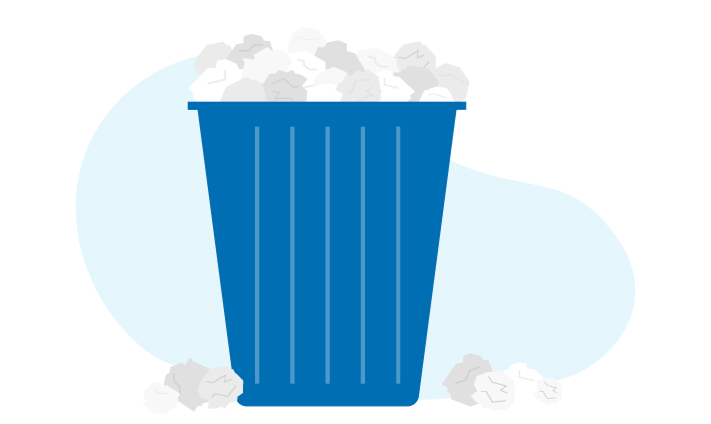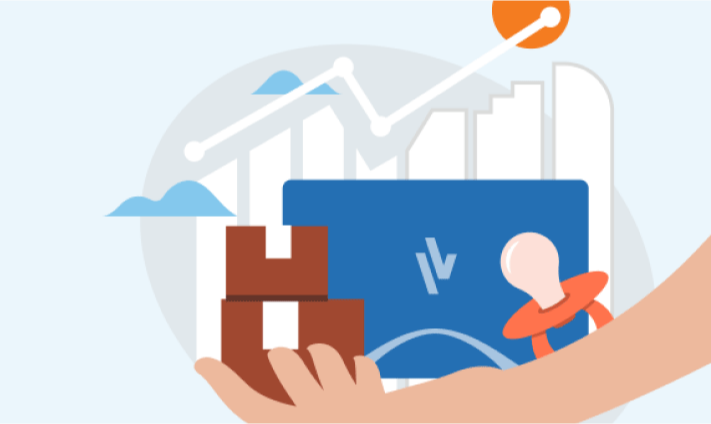Most basic home insurance policies do not cover damage from earthquakes; you must add it to your policy. But how do you know if this additional coverage is something you need?
To make the decision that’s right for you and your family, you need to know your risk.
While earthquakes can occur in all provinces, certain areas have a higher probability of experiencing damaging earthquakes. For example, the coast of BC and parts of the Yukon have a particularly high risk. In the east, cities and towns along the Ottawa and St. Lawrence Rivers, including Montreal and Quebec City, are also susceptible. Even places you may not expect can have moderate risk, like the western shore of Lake Ontario and western New Brunswick.
Take a look at Canada’s seismic hazard map to get a better idea of your area’s risk-level.
According to Natural Resources Canada:
- High risk areas have a 30% chance of experiencing an earthquake that causes significant damage every 50 years.
- Moderate risk areas have a 5-15% chance of a damaging earthquake every 50 years.
- Low risk areas have less than 1% chance of a damaging earthquake every 50 years.
How much coverage do you need to protect your home?
If you are a homeowner, we recommend buying enough earthquake insurance to cover the costs of rebuilding your house and replacing your damaged contents. It’s important to base this amount on the replacement cost and not the resale value of your home. If you are a tenant, coverage for your personal belongings is enough.
What factors impact earthquake coverage premiums?
A variety of factors impact premiums, including the likelihood of an earthquake in your area, construction of your home, number of floors, coverage limits and deductibles. In some higher-risk areas, consumers face increased premiums, deductible changes and even a reduced ability to obtain earthquake coverage. Below are several factors that contribute to the increase:
- Advances in technology provide detailed information about the severity of risks and the extent of damage that an earthquake can cause, which can help put a price on a risk.
- Recent earthquakes in other regions demonstrate that the cost to rebuild communities and reestablish local infrastructure has escalated substantially and is higher than previously anticipated.
- Changes to regulatory guidelines, and significant growth to reinsurance expenses, increase the cost for insurers to manage this type of risk.
Ways to help manage your premiums
Insurance premiums are constantly changing across Canada. There are many ways you can manage premiums.
- Review your coverage and limits to ensure you have the right amount of insurance.
- Increase your deductible to help reduce your premium.
- Keep an inventory of personal possessions so that, if you have a claim, you’ll have a record of all belongings to ensure they are properly replaced.
- Improve your security by installing a monitored burglar or fire alarm. This will not only protect your family but can also save you up to 10% on your home insurance premium.
- Consider insuring multiple lines of business with The Co-operators, to maximize your discounts.
Protecting your business
Earthquake coverage can also be purchased for your business. Just like coverage for your home, it protects you from losses due to damaged property and contents. We also offer loss of income insurance, which means you’ll still get paid even if your business isn’t operational due to earthquake damage. Speak to a Financial Advisor to see which coverage is suitable for your business.
Be prepared and stay safe
Protecting your family is most important. You can’t prevent an earthquake, but you can be prepared to avoid injuries and minimize damage to your home or business.
Always keep your Financial Advisor informed of any upgrades and changes you make to your home, whether you’re installing a monitored alarm system or finishing your basement. Keeping your files updated ensures you have the right coverage at the right price.
If you have questions about our earthquake coverage or any other insurance or financial needs, contact your Financial Advisor.





 Home
Home
 Auto
Auto
 Life
Life
 Recreation
Recreation

